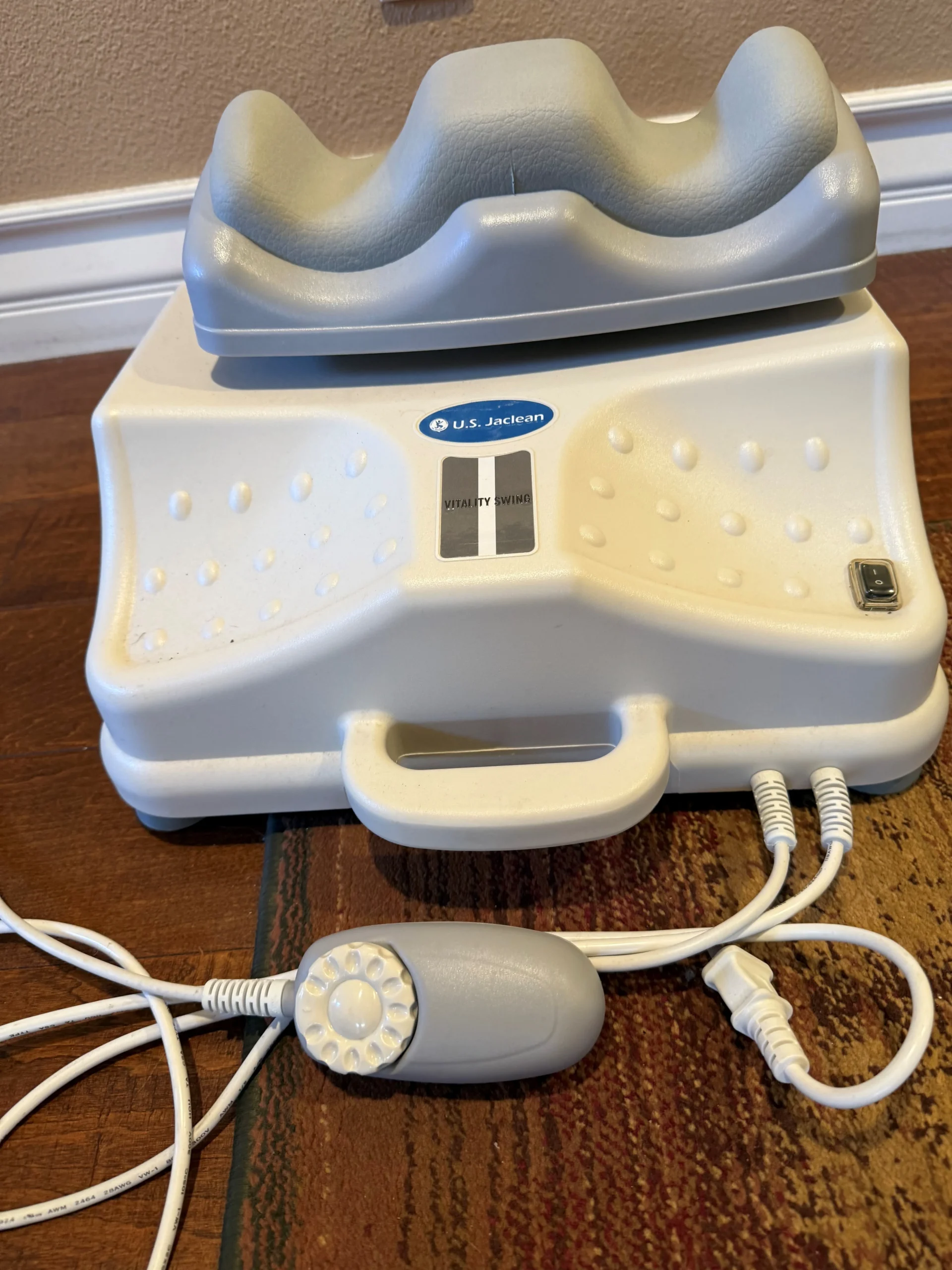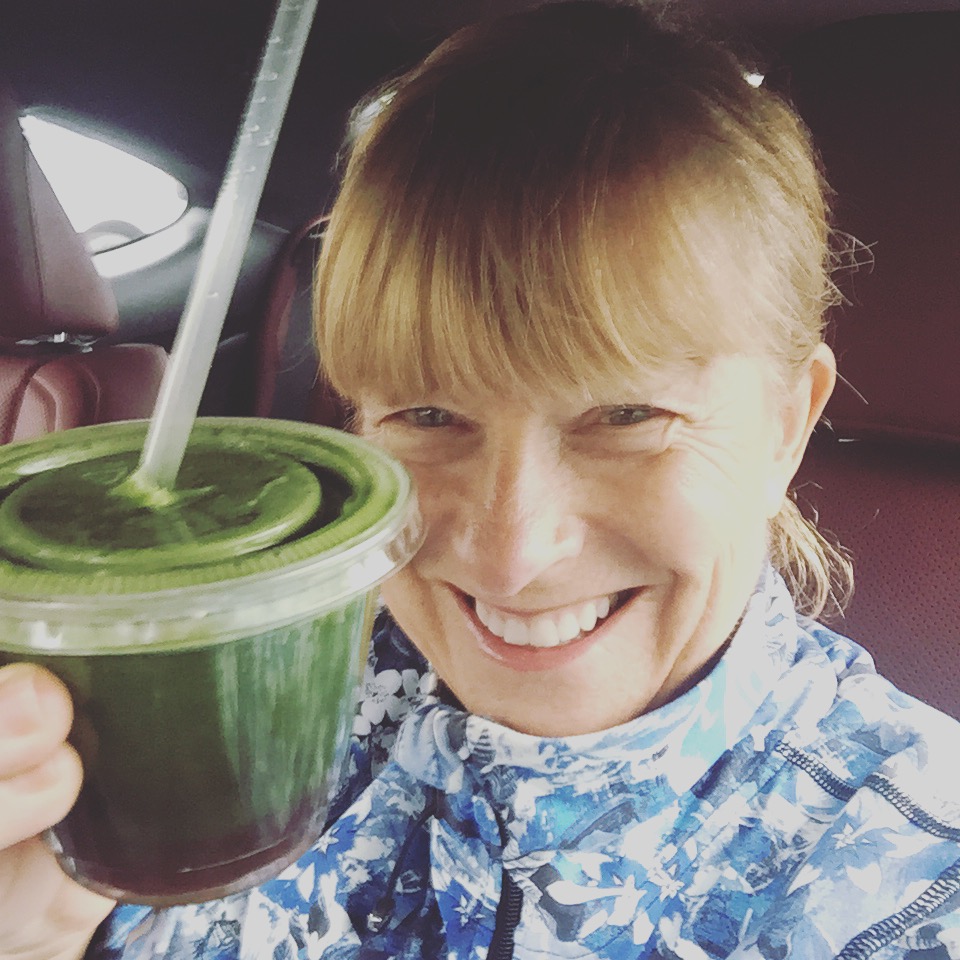 Is coffee good for me? Coffee is the largest source of dietary antioxidants in the U.S. diet, and its complex mixture of more than 1,000 different polyphenols and other compounds is excellent for your health. (1)
Is coffee good for me? Coffee is the largest source of dietary antioxidants in the U.S. diet, and its complex mixture of more than 1,000 different polyphenols and other compounds is excellent for your health. (1)
Drinking coffee is associated with longer telomere length, for starters. (2)
Telomeres are the structures at the end of chromosomes, and they shorten with age, so longer telomeres are considered to be a marker of greater longevity. (3)
Coffee has a number of anti-aging effects, including reducing all-cause (4) mortality and mortality from heart disease, cerebrovascular disease and respiratory disease. As researchers explained in PLOS Biology: (5) (6)
“With respect to aging and thus to the elderly population, our data demonstrate that the mitochondrial capacity of the old heart is improved by caffeine to that of the adult heart.
Since improving cardiovascular functionality in the elderly population is of major importance for extending health span, coffee consumption or caffeine per se could be considered as an additional protective dietary factor for the elderly population.”
Studies vary on exactly how much coffee is best to reap the health benefits without overdoing the caffeine, but the researchers of the PLOS Biology study believed four to five cups of espresso a day would be ideal — which is probably music to your ears if you’re a coffee lover.
If you’re sensitive to the effects of caffeine, however, you may want to limit it to two or three daily cups. Organic, shade-grown coffee is best in terms of avoiding pesticide exposure and supporting sustainable agricultural methods.
(1) Age (Dordr). 2013 Dec; 35(6): 2183–2192.
(2) Nutrition and Metabolism January 31, 2017
(3) Curr Opin Clin Nutr Metab Care. 2011 Jan; 14(1): 28–34.
(4) Aging (Albany NY). 2017 Aug; 9(8): 1863–1864.
(5) The American Journal of Clinical Nutrition, Volume 101, Issue 5, May 2015, Pages 1029–1037
(6) PLOS Biology June 21, 2018





























